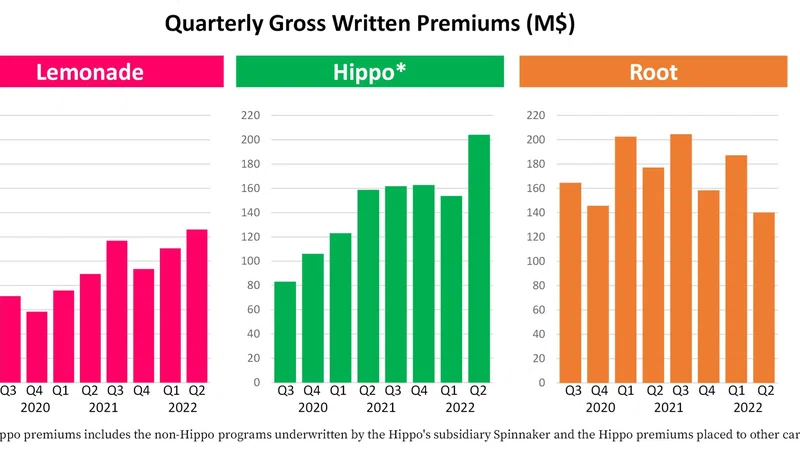Even though there are plenty of different local and international financial market regulators, their main aim is the same, to guarantee customers' safety. Each legislative framework is focused to minimize risks of losses.
Most countries have local financial market regulators whose regulations also accept international requirements. If you want to join any financial market, you have to accept more international regulator requirements because not all of them are accepted in different countries. Otherwise, none of your financial goals will be achieved. To avoid this, here is a quick overview of the biggest international financial market regulators. More specifically, we will talk about:
- FCA
- FSCA
- BaFiN
- CySEC
- FINRA
FCA
The Financial Conduct Authority is one of the most influential regulators in the world. Based in the UK, covers every type of financial service, company, and market. There are more than 59 000 UK companies under the FCA regulations. They have three central priorities. These are customer protection, effective and fair competition, and improving the integrity of the UK financial market.
FCA board includes 6 different committees including audit, risk, oversight, remuneration, regulatory decisions, and nomination committee. The main body of the regulator is the executive management team which is responsible for activities, regulator strategies, relationships with companies, etc. The FCA is under the purview of the UK parliament and Treasury. With the powers, it can change fees for regulated companies. Also is a rule-making regulatory and can start investigating as well as enforcement powers.
FCA is special with its reputation which means if the broker is regulated by FCA, it is completely trustworthy. Top leading brokers which are operating internationally are also under the FCA regulations. Because of such a high reputation, financial market quality often is rated according to the number of FCA-regulated brokers.
FSCA
The Financial Sector Conduct Authority was established in 2017 and replaced FSB which was the same as Financial Services Board. It covers every type of financial company in South Africa. So those, who want to be protected during their financial activities on the SA market, must check whether the company is regulated by FSCA or not. If we look at the Tradingview brokers in South Africa, it is clear that every trustworthy company holds an FSCA license. The regulation was established by Financial Sector Regulation Act 9 and aimed to improve the integrity and effectiveness of financial markets. Also, their primary priority was to maintain customer satisfaction with different promotions. So, FSCA-regulated companies are required to implement an active promotion system that meets the conditions of FSR jurisdiction.
In March 2022, FSCA announced that it would change some regulations connected to the reporting system and develop the quality of transformation data. According to the collaboration with the Financial Sector Transformation Council, companies are obligated to pay more attention to fairness during multi-year projects and provide the regulator with updated reports. Companies are also required to maximize the achievement of FSCA’s 6 key strategies and make their business model close to FSB's traditional approach.
BaFiN
BaFiN stands for Federal Financial Services Authority which was established in 2002 and is the main financial regulator in Germany. This is the public regulator body that aims to provide consumers as well as investors with a safe, stable, and integral financial market. It regulates every financial institution in Germany. In total, under the BaFiN legislation are more than 700 insurance firms, 2 700 banks, and 800 financial institutes.
Most of the regulations are based on the Financial Services and Integration Act 2002, which includes detailed conditions for providing the safety of financial services. They also are responsible to implement anti-fraud regulations for money laundering and investigate every crime connected to financial services. BaFiN is the largest in the EU and includes AML policy with 40 CFT recommendations. Regulated institutions are required to have KYC and AML implemented programs with available PEP and an active reporting system.
CySEC
The Cyprus Securities and Exchange Commission is another prestigious regulatory body that is based on Cypris but is accepted across the EU too. It was established in 2001. It is fully responsible for the fair and secured operation of the Cyprus Stock Exchange including licensing new companies, and monitoring already licensed investment companies and brokers. Also, the regulator determines sanctions and the regulations of Stock Market Legislation.
Regulated companies are required to use segregated accounts and forbid using customer money for operational needs. Also, companies are required to submit mandatory audit reports in the CySEC system. The same requirement is with financial statements and guidelines which should accept the regulatory aims. Companies are required to manage their capital adequately and provide safe financial services. The regulator collaborates with ICF which is the same as Investor Compensation Fund and determines sanctions and penalties too.
FINRA
Different from described regulators, FINRA is not an official authority under the regulations of the country's parliament. This is a private company that was based in 2007, in Washington D.C, USA. The Financial Industry Regulatory Authority is responsible for managing fair investments and financial operations for brokers, dealers, funding portals, and capital acquisition brokerages. In total there are more than 3 510 brokerage companies regulated by FINRA.
Their main aim is to protect investors and provide safe financial market services with safeguarding integrity. The main regulations which are required for FINRA members are united in Rule1010 which is the list of all requirements for membership. This rulebook also includes some requirements from the ethics code. Companies are limited to broker-dealer subsidiaries amounts and are required to submit different reports in the FINRA system. The regulations pay more attention to protecting the different levels of customers and having an effective risk management system. Sanctions for companies that don't protect data integrity, and don’t provide customer safety will be fined with high amounts of penalties.












